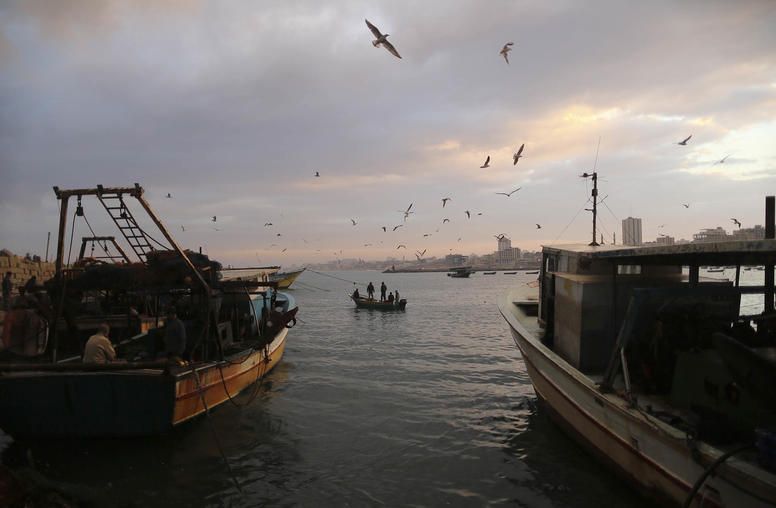Lessons Learned from Iraq and How They Apply to North Africa
The event highlighted the Special Inspector General for Iraq Reconstruction (SIGIR) experience in Iraq and examined the major problems it discovered, such as America’s “ad hoc” approach, the effectiveness of oversight, funding challenges, and the larger issue of nation-building. Experts explored how lessons learned from Iraq could be applied to other American-led efforts, such as those associated with emerging democracies.
Read the event coverage, Iraq Lessons: Will They Be Heeded?

Special Inspector General for Iraq Reconstruction (SIGIR) Stuart Bowen on March 6 released SIGIR’s final report for Congress, “Learning From Iraq,” which details the accomplishments of the U.S. reconstruction efforts in Iraq. The report provides an “instructive picture of what was the largest stabilization and reconstruction operation ever undertaken by the United States (until recently overtaken by Afghanistan)." Additionally, the report outlines seven lessons that the U.S. should implement to improve its approach to future stabilization and reconstruction operations.
Speakers
- Jim Marshall, Introductory Remarks
President, United States Institute of Peace - Stuart Bowen, Keynote Remarks
Special Inspector General for Iraq Reconstruction (SIGIR) - Amb. William B. Taylor, Jr., Panelist
Special Coordinator for Middle East Transitions, Middle East Transitions (MET) - U.S. Department of State - John Nagl, Panelist
Minerva Research Professor, U.S. Naval Academy
Senior Fellow, Center for a New American Security - Manal Omar, Panelist
Director of Iraq, Iran, and North Africa Programs, U.S. Institute of Peace - Quil Lawrence, Moderator
Veterans Correspondent, Former Baghdad Bureau Chief, NPR



